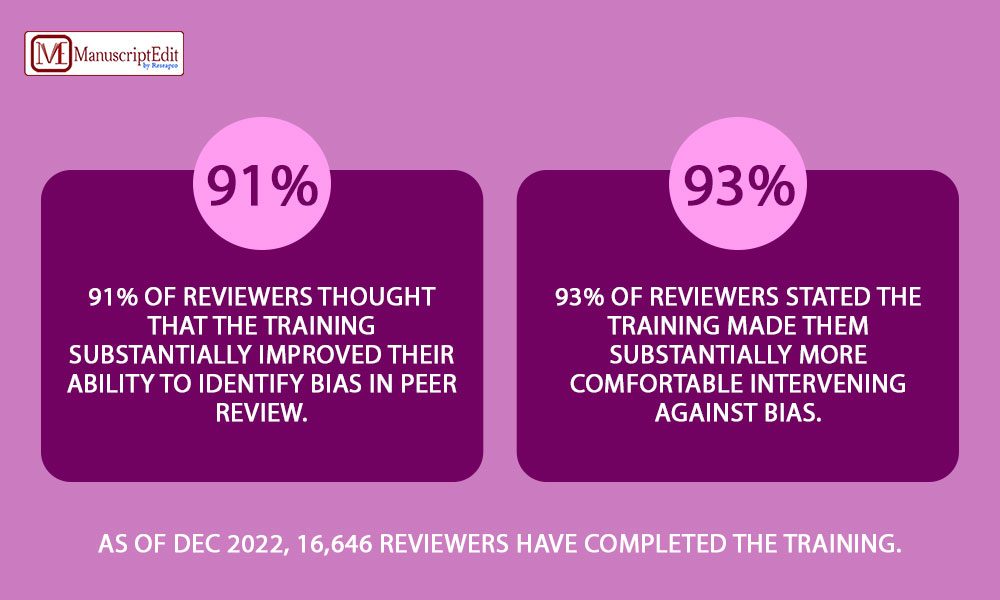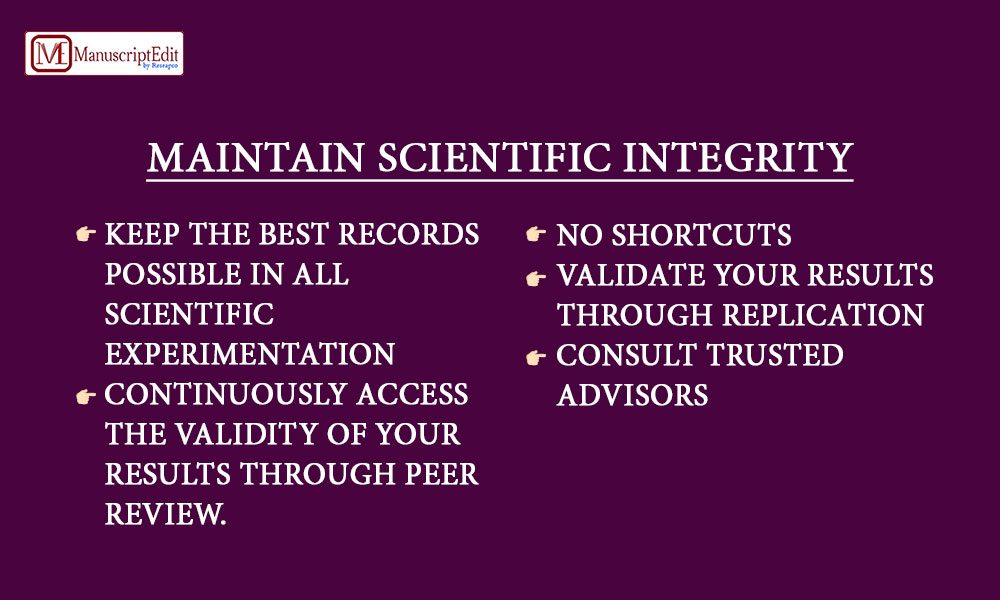The foundation of research is scientific integrity, which guarantees dependability and credibility. An essential element that serves as a gatekeeper to preserve integrity is peer review. This blog explores peer review’s limitations, difficulties, and best practices for maintaining scientific integrity.
By reviewing the peer review process closely, we can improve research foundations and foster excellence and credibility in scientific endeavors.
What Does It Mean to Have Scientific Integrity?
Scientific integrity in research refers to the moral standards and ideals that direct scientific inquiry and guarantee objectivity, rigor, and honesty. It entails conducting research in an honest, open, and impartial manner in all respects—from gathering data to publishing findings—and being prepared to admit mistakes and make the necessary corrections.
Scientific integrity principles also mean standing up against deception, plagiarism, and other unethical actions. These actions not only tarnish our reputation but also undermine the hard work of others, which is why it’s crucial to honor their labor.

Peer Review’s Function in Upholding Scientific Integrity
Peer review plays a crucial part in maintaining scientific integrity by spotting fraud and misbehavior, evaluating the caliber and validity of research, offering constructive criticism for improvement, and promoting accountability and transparency. Research articles and grant proposals are peer-reviewed by subject matter experts who look for methodological errors, data manipulation, and other ethical issues.
This procedure guarantees that researchers are held responsible for their work and that research satisfies strict criteria for validity and quality. Furthermore, peer review encourages transparency by highlighting research advantages and disadvantages, facilitating knowledge growth and well-informed decision-making.

Challenges and Limitations of Peer Review
Peer review faces challenges such as biases and conflicts of interest among reviewers, a time-consuming and labor-intensive process, difficulty in detecting fraud or misconduct, and limited scope and expertise of reviewers.
These limitations can lead to inconsistent evaluations, overlooked errors, and missed opportunities for innovation. Despite these difficulties, peer review is still an essential part of maintaining scientific integrity, and attempts are being made to make it more efficient.

Best Practices for Peer Review
The best practices for peer review include:
- Giving reviewers explicit instructions and expectations.
- Utilizing technology to expedite the process.
- Delivering education and training to improve reviewers’ abilities.
- Praising and rewarding reviewers for their contributions.
These procedures help peer review become more effective, fair, and efficient, ultimately raising the calibre and integrity of research.
Conclusion
To sum up, peer review is an essential part of scientific integrity that guarantees the calibre and validity of research. Recognising the difficulties and constraints of peer review, funding agencies, institutions, and researchers must work together to strengthen and support it.
By doing this, we can encourage a trustworthy and dependable research culture, which will ultimately advance knowledge and benefit society. Accepting peer review as a fundamental component of scientific integrity will help us achieve excellence and credibility in our quest for knowledge.
References
- https://www.ncbi.nlm.nih.gov/pmc/articles/PMC4975196/
- https://www.turnitin.com/blog/peer-review-in-research-navigating-its-role-in-quality-and-integrity
- https://www.enago.com/academy/peer-review-maintaining-research-integrity/



